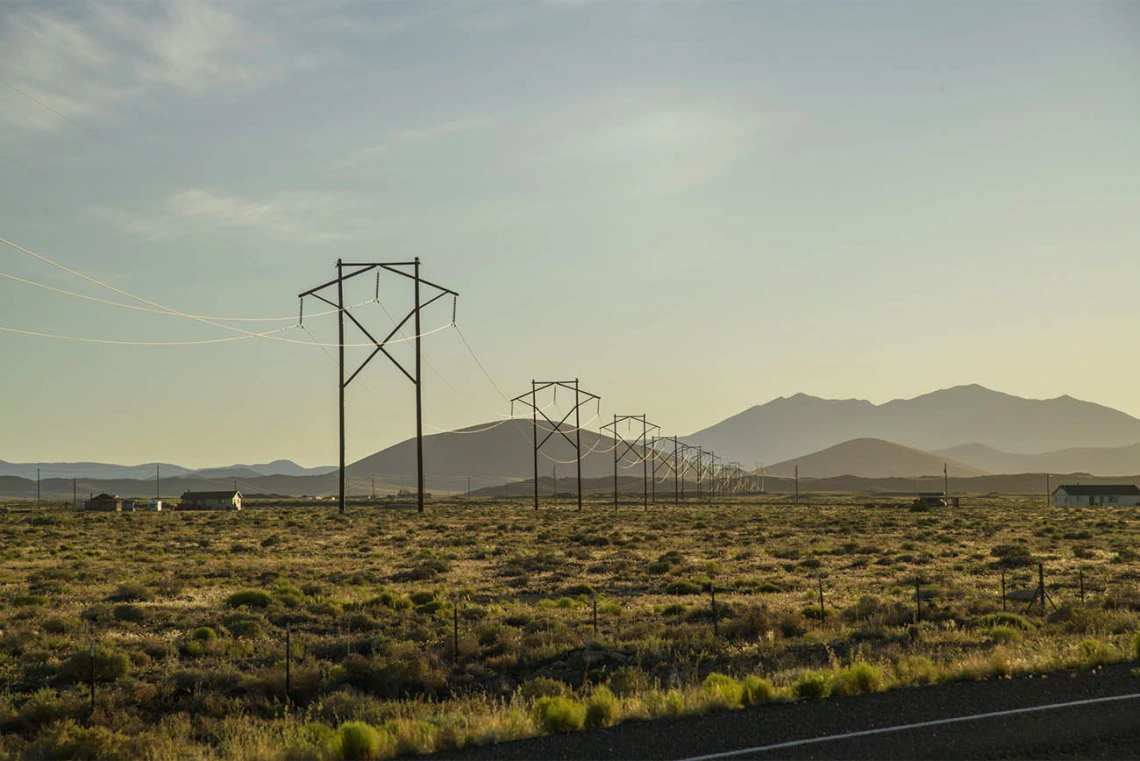UArizona Cancer Center Members Available to Speak About Cancer Moonshot Initiative
First lady Jill Biden’s visit with the UArizona Cancer Center and the Tohono O’odham Nation will focus on the Cancer Moonshot initiative.

Reporters and editors: Several members of the UArizona Cancer Center are available for interviews in advance of Tuesday’s visit. Please contact Mark Lane at 214-287-3529 or marklane@arizona.edu to arrange interviews.
The University of Arizona Cancer Center is partnering with the Tohono O’odham Nation to welcome First lady Jill Biden, EdD, to Tucson, Arizona, on Tuesday, March 8. First lady Biden and Xavier Becerra, Secretary of the U.S. Department of Health and Human Services, will visit the San Xavier Health Center in the San Xavier District of the Tohono O’odham Nation to highlight the work being done in the National Cancer Institute’s Cancer Moonshot initiative.
In 2020, the UArizona Cancer Center received a $3 million, three-year award from the Cancer Moonshot initiative to increase colorectal cancer screening in Arizona’s American Indian communities.
“The University of Arizona Cancer Center is so pleased that the Biden Administration has reignited the Cancer Moonshot,” said Joann Sweasy, PhD, director of the UArizona Cancer Center. “Funding for this initiative is essential to prevent and cure cancer.”
At the only National Cancer Institute-designated Comprehensive Cancer Center headquartered in Arizona, UArizona Cancer Center researchers are working to reduce disparities by expanding use of proven cancer prevention and early-detection strategies.
Media interviews can be arranged with UArizona Cancer Center members:
- Joann Sweasy, PhD – Nancy C. and Craig M. Berge Endowed Chair for the Director of the Cancer Center; professor, UArizona College of Medicine – Tucson’s Department of Cellular and Molecular Medicine. Dr. Sweasy is the director of the UArizona Cancer Center and lead for the Cancer Center Support Grant.
- Jennifer Hatcher, PhD, RN, MPH –UArizona Cancer Center associate director for community outreach and engagement; member, UArizona Cancer Center Cancer Prevention and Control Program; professor, UArizona Mel and Enid Zuckerman College of Public Health. Dr. Hatcher is the lead for the Moonshot initiative at the UArizona Cancer Center.
- Francine Gachupin, PhD, MPH – member, UArizona Cancer Center Cancer Prevention and Control Program; associate professor, College of Medicine – Tucson’s Department of Family and Community Medicine; tribal member of the Pueblo of Jemez in New Mexico. Dr. Gachupin is the lead for the Native American Cancer Prevention Grant at the UArizona Cancer Center.
- Monica Yellowhair, PhD – UArizona Cancer Center director for community outreach and engagement and director of tribal relations; tribal member of the Navajo Nation; native of Kayenta, Arizona, a small community on the Navajo reservation
Colorectal cancer is the second leading overall cause of cancer death, representing about 9% of all new cancer cases in the United States. Nevertheless, overwhelming evidence exists that screening of healthy individuals to diagnose and then treat early-stage disease can substantially reduce colorectal cancer mortality. Accordingly, regular screening for colorectal cancer is strongly recommended for all U.S. individuals between ages 50 and 75.
Unfortunately, compared with the general population, American Indians have experienced no improvements in colorectal cancer incidence and mortality, have disproportionate diagnoses of late-stage disease, and have lower survival rates. These disparities are attributable to very low screening rates among American Indians and poor access to colorectal cancer treatments.
Contact
Mark Lane
520-626-6672 office | 214-287-3529 cell
marklane@arizona.edu

